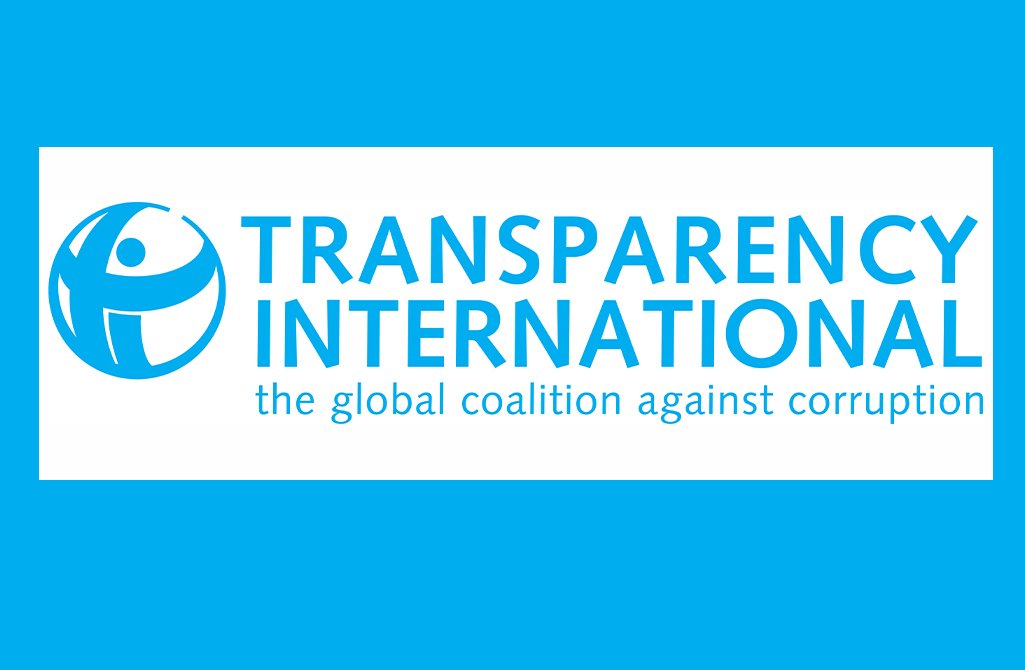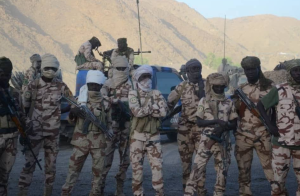Niger: Transparency International and its reports twisted for ulterior motives

A recent report by Transparency International Niger, scrutinizing the governance of the country since the National Council for the Safeguard of the Homeland (CNSP) took power in July 2023, has raised questions about its underlying intentions.
While the report appears to criticize a perceived concentration of power among military officials and the militarization of civilian roles, many see this analysis as misguided, part of a broader international agenda to undermine the CNSP.
The CNSP, which ousted President Mohamed Bazoum’s government, cited poor governance, rampant corruption, and impunity as the primary reasons for its intervention.
Yet, Transparency International’s report suggests that the current leadership is repeating the very mistakes they condemned—a claim that has been met with skepticism.
Critics argue that this portrayal is an attempt to discredit a regime working tirelessly to restore stability in a country plagued by constant terrorist threats.
One of the report’s most controversial points relates to its evaluation of the Commission for the Fight Against Economic, Financial, and Fiscal Delinquency (Coldeff). Transparency International accuses the institution of fostering impunity and favoritism.
However, CNSP officials have emphasized a pragmatic approach to recovering stolen funds without necessarily prosecuting all offenders, aiming to maintain stability in a fragile national context.
For many, labeling this strategy as a sign of poor governance is a misrepresentation of the current leadership’s efforts to prioritize national cohesion over punitive justice.
Additionally, the report has been amplified by international media outlets, such as Radio France Internationale (RFI), leading some to suspect that this campaign is designed to pressure the CNSP into relinquishing power to a civilian government that could be more susceptible to foreign influence.
This move, disguised as a defense of democracy and good governance, raises concerns about the hidden motives behind these external critiques.
Ultimately, the report’s narrative seems less focused on genuine governance issues and more on swaying public opinion. For those supportive of the CNSP’s efforts, this misrepresentation not only undermines their initiatives to secure Niger but also disrespects the ongoing struggle to safeguard the nation and its people.
Ali ZOUNGRANA












